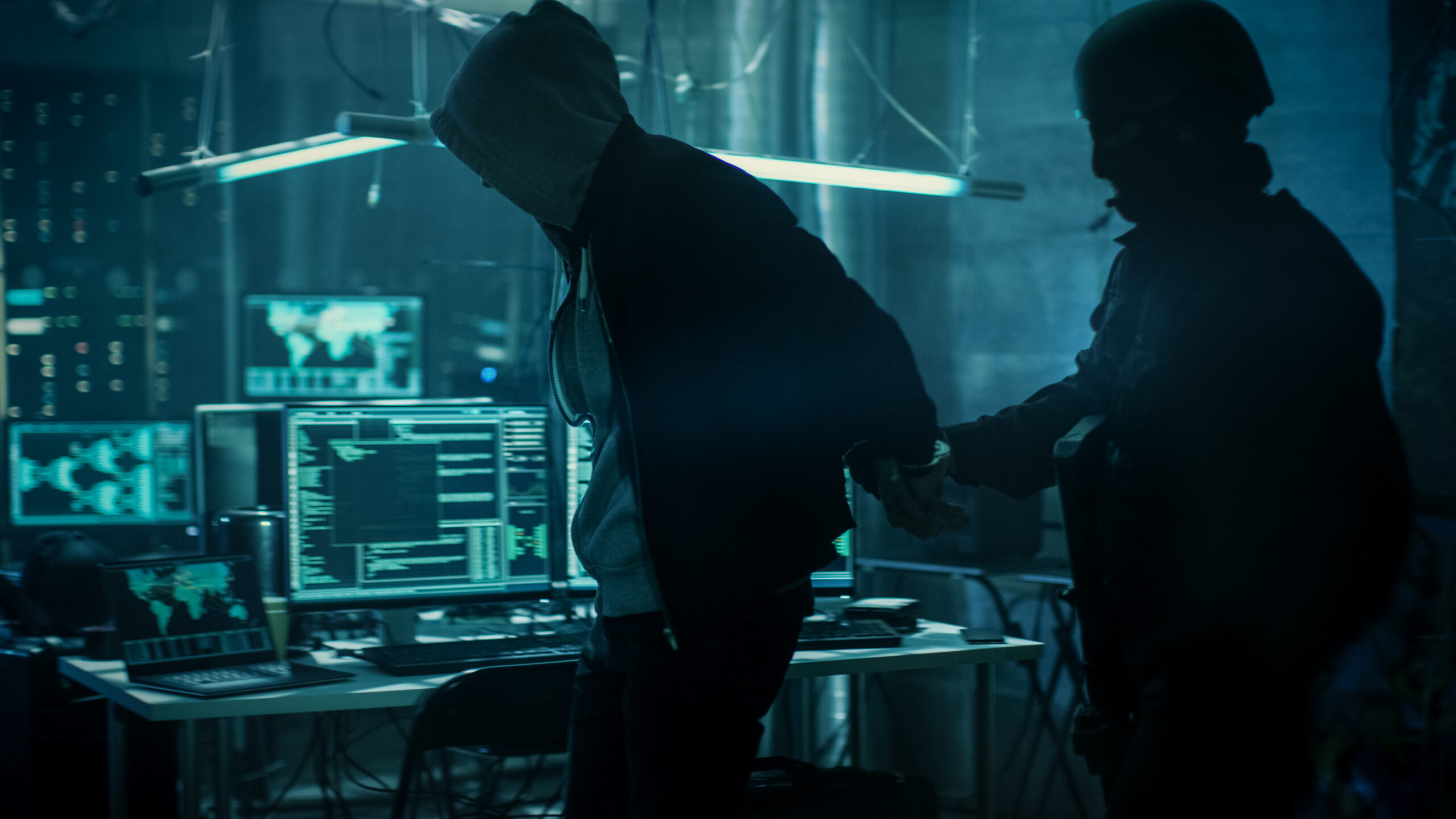Nigeria is intensifying its efforts to combat content piracy through strengthened partnerships and the adoption of advanced technologies. Collaborative efforts between government agencies, law enforcement professionals, cybersecurity experts, and civil society organisations are crucial in dismantling the networks responsible for the illegal distribution of creative content across the continent.
Piracy continues to pose a serious threat to the livelihoods of African creators and rights-holders. From financial losses to cultural erosion, its impact is far-reaching. However, the landscape is beginning to shift. In Nigeria and across neighbouring countries, raids and arrests are becoming increasingly common, as illegal streaming platforms are shut down and major piracy syndicates are disrupted.
Technology is proving to be both a challenge and a solution. While it enables the rapid spread of pirated content, it also offers powerful tools for enforcement. Innovations such as forensic watermarking and AI-powered content monitoring are being deployed to trace pirated materials back to their sources and end users. These tools are making it possible to issue swift takedown notices and initiate enforcement actions with greater precision.
“Technology may make it easy to pirate content, but it also makes it easier to track down and prosecute those involved,” says Frikkie Jonker, Director of Anti-Piracy Cybersecurity Services at MultiChoice Group. “Forensic watermarking, proactive monitoring, and strong partnerships allow us to issue immediate takedown notices and initiate enforcement operations when necessary.”
In Nigeria, MultiChoice has signed memoranda of understanding (MoUs) with key government bodies to bolster support for the creative industry and protect intellectual property rights. Its collaboration with the Nigerian Copyright Commission (NCC) and law enforcement agencies underscores a firm commitment to upholding the rights of content creators and holding illegal operators accountable.
Recent efforts have yielded significant results. In Nigeria, the arrest of the operator behind a well-known sports piracy website using a local domain marked a major step forward in disrupting digital piracy networks. Elsewhere, shops selling illegal decoders have been raided and members of piracy syndicates prosecuted, reflecting coordinated regional action similar to that spearheaded by the NCC and the Nigerian Police Force.
Artificial intelligence is being adopted in several African countries to detect and remove pirated content from digital platforms, a model Nigeria is also actively exploring. Alongside enforcement, education plays a key role. Awareness campaigns and training workshops are being carried out in collaboration with copyright boards to inform the public and stakeholders, echoing the NCC’s own sensitisation initiatives on the home front.
The impact of coordinated action is becoming evident. Over the past year alone, the Partners Against Piracy (PAP) initiative has facilitated more than 155 successful raids across Africa, resulting in the shutdown of over 4,300 pirate networks and the arrest of more than 100 individuals involved in illegal operations.
As Nigeria’s creative economy continues to rise on the global stage, fuelled by its vibrant music, film, and digital industries, protecting intellectual property has never been more critical. By strengthening enforcement, increasing public awareness, and embracing innovative technologies, Nigeria is laying the groundwork for a more secure, equitable, and sustainable content ecosystem for Africa’s storytellers and cultural creators.

